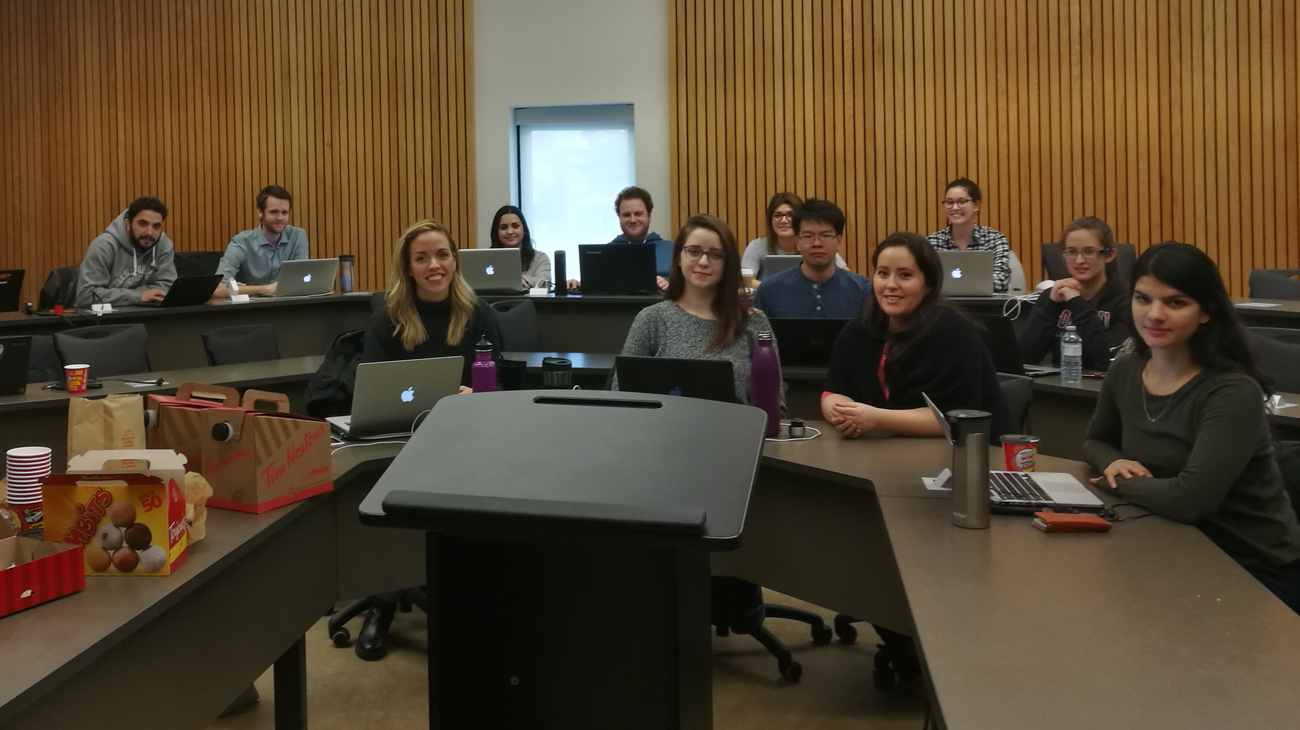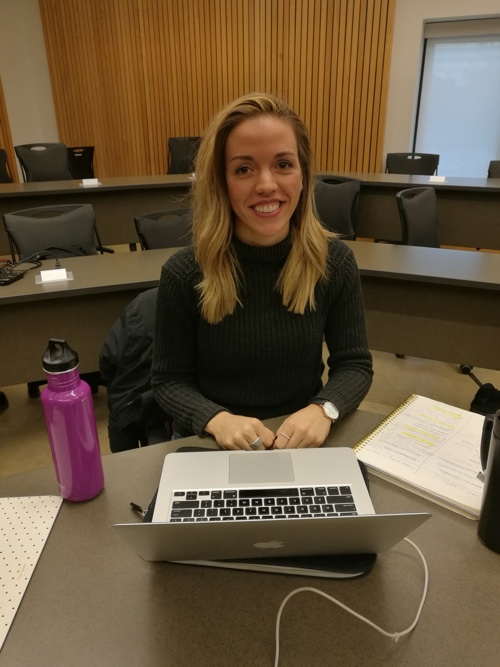
For most students, weekends mean time off to sleep, relax (and study). But this past Saturday, more than 800 law students showed up on campuses all over Canada to help refugees whose lives have been upended by U.S. President Donald Trump’s executive orders.
The event was a 12-hour “research-a-thon,” in which students from all 22 Canadian law schools worked collaboratively, on their respective campuses, to pull legal research that could support a legal challenge the Canadian Centre for Refugees may launch against the Canada-U.S. Safe Third Country Agreement (STCA).
The agreement affects a specific group of people: refugees that come to Canada through the United States. Under current law, they cannot make an asylum claim in Canada, regardless of whether or not they filed a claim with the American government. Because Donald Trump has suspended the American refugee program for 120 days, refugees in the U.S. with pending applications may be deported home, where many will face persecution.

Laura MacLean, a 3L at Osgoode Hall, who took part in the research-a-thon
That’s why the agreement is such a problem — and why Canadian law students banded together in a nationwide effort. “Considering we only found out about this a few days ago, I’m amazed at how it’s come together,” said Laura MacLean, a 3L at Osgoode Hall, who took part in the research-a-thon. “Everyone has been working very hard.”
The actions of Donald Trump have made activists out of a great many students. “The STCA is premised on this idea that U.S. is a safe country for refugee applicants,” Brienne Westland, a 1L at Osgoode, said at the event. “That’s just not true, especially in light of the recent ban. I think it’s become more important than ever for Canada to recognize that not all people who apply from the U.S. are fine there.”
Justin Toh, a 3L at Osgoode, also believes Canada should step up to the plate: “Refugees whose claims are no longer being considered by the U.S. should at least have a fair determination procedure in Canada. That’s our moral obligation.”
On Friday night, hours before the research-a-thon began, a U.S. federal judge temporarily blocked Trump’s executive order. But Trump intends to appeal that ruling. So the fate of many refugees remains uncertain.
All told, students participating in the research-a-thon donated more than 3,000 research hours. Many even stayed past their shift and researched remotely to contribute. “We hope to signal to the Canadian government that this is something people are really concerned about,” said MacLean. “We’re going to come together and do what we can to respect principles that are important to all of us.”
